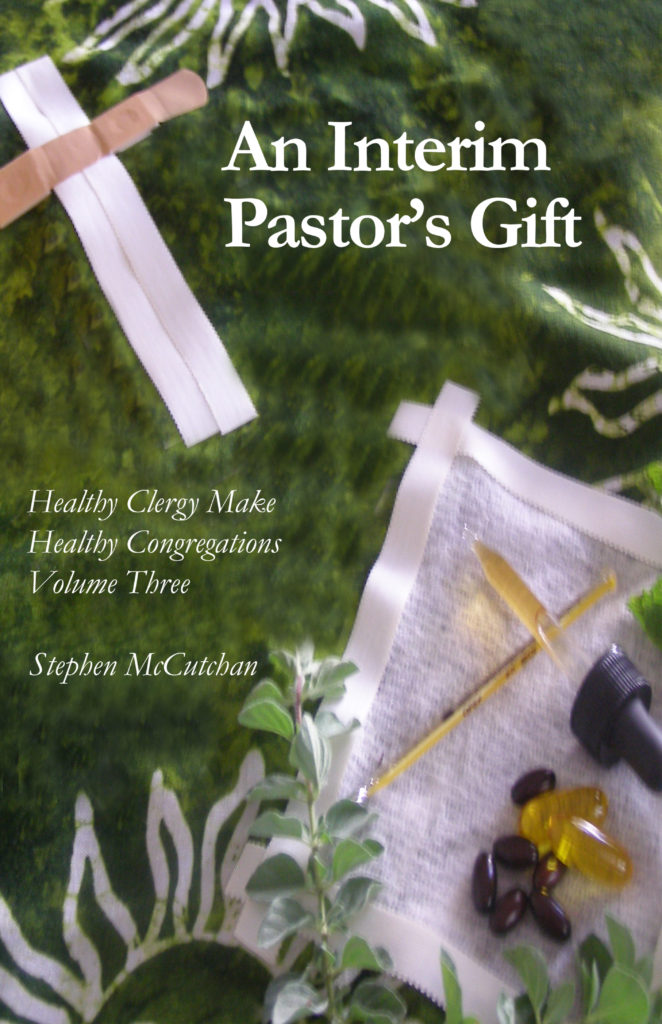HONORING THE PAST
Consider the power of the fifth commandment as an example. “Honor your father and your mother, so that your days may be long in the land that the Lord your God is giving you.” (Exodus 20:12). If you read that commandment to your congregation, how many of them do you think would assume that means they should be nice to their biological parents? Of course, out of painful experiences, there will be some who find that commandment very difficult to obey, but probably the majority would assume that was one of the easier commandments to complete.
WHO IS MY FAMILY?
Do you recall the incident where Jesus was responding to his mother and brothers coming to speak to him, and Jesus replied, “‘Who is my mother, and who are my brothers?’ And pointing to his disciples, he said, ‘Here are my mother and my brothers! For whoever does the will of my Father in heaven is my brother and sister and mother’” (Matthew 12:48-50). How does that expand your understanding of the commandment? Now honoring your mother and father expands to all those in the congregation past, present, and future.
At a time when people are feeling vulnerable and inadequate to shape their future and the future of the congregation, recall what this commandment lifts up in the congregation. The Biblical story of the community of faith speaks openly about unworthy people being made worthy by God to effect good purpose. Most of the lead figures in the story of faith are deeply flawed but are celebrated because of what God has done through them.
SPEAKING HONESTLY ABOUT THE PAST
If a congregation is able to speak honestly about their history, they will discover how some very human and flawed people have been used by God to accomplish some amazing things in founding and nurturing your church. Too often we try to cover up the shameful parts and only talk about the good parts. If a pastor is able to integrate this rocky past into the liturgy of the story of the church’s faith journey, s/he is truly honoring the parents of the congregation.
The pastor is also helping to establish a sense of courage and God-given worth to the present congregation. Suddenly we do not need to arrive at perfection with all the answers to our doubts before we can be the TRUE CHURCH. As God worked through our ancestors, so God can work through us. We are worthy servants, and we do not need to be anxious about our weaknesses. In fact, God’s power is made perfect through our weakness (2 Corinthians 12:9).
Excerpt from An Interim Pastor’s Gift

Bravo! Since Bill and I (and your Nicole) are participating in a SS class on Genesis, we are confronted with a long line of broken and flawed humans whom God used to fulfill God’s purposes. Perfectionisn is a trap pastors and congregations would do well to steer way clear of. Thanks for the reminder.
Imagine a world that only reviewed people’s past for what we could learn rather than who we could blame. You’d think someone would come up with a wild concept like grace, but if they did, no one would believe them.